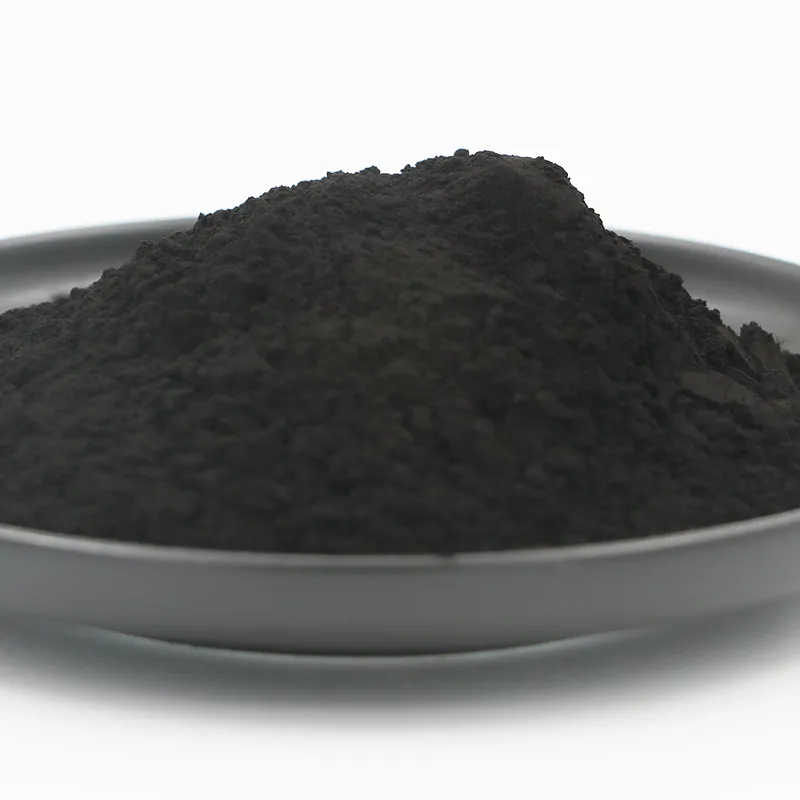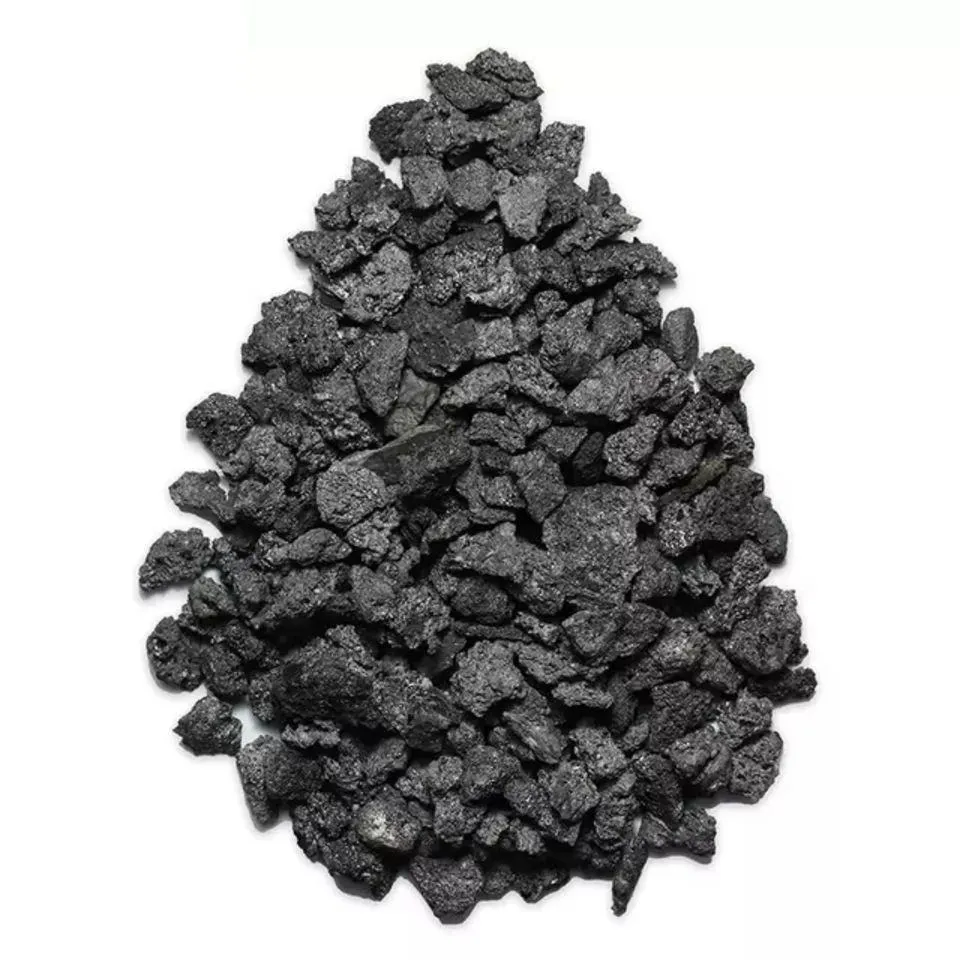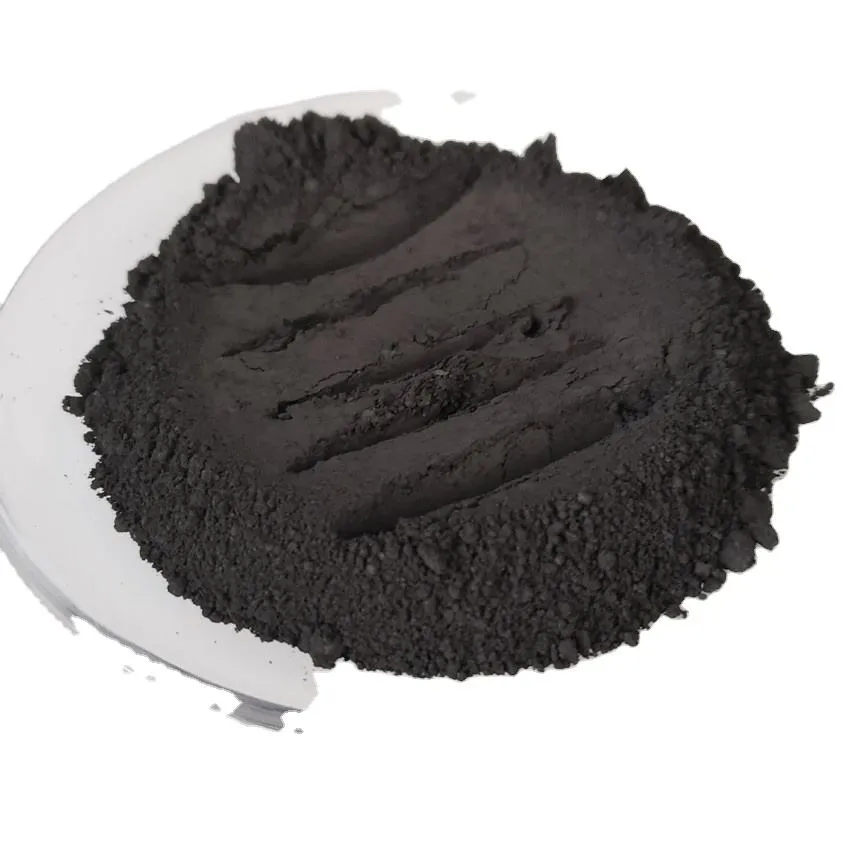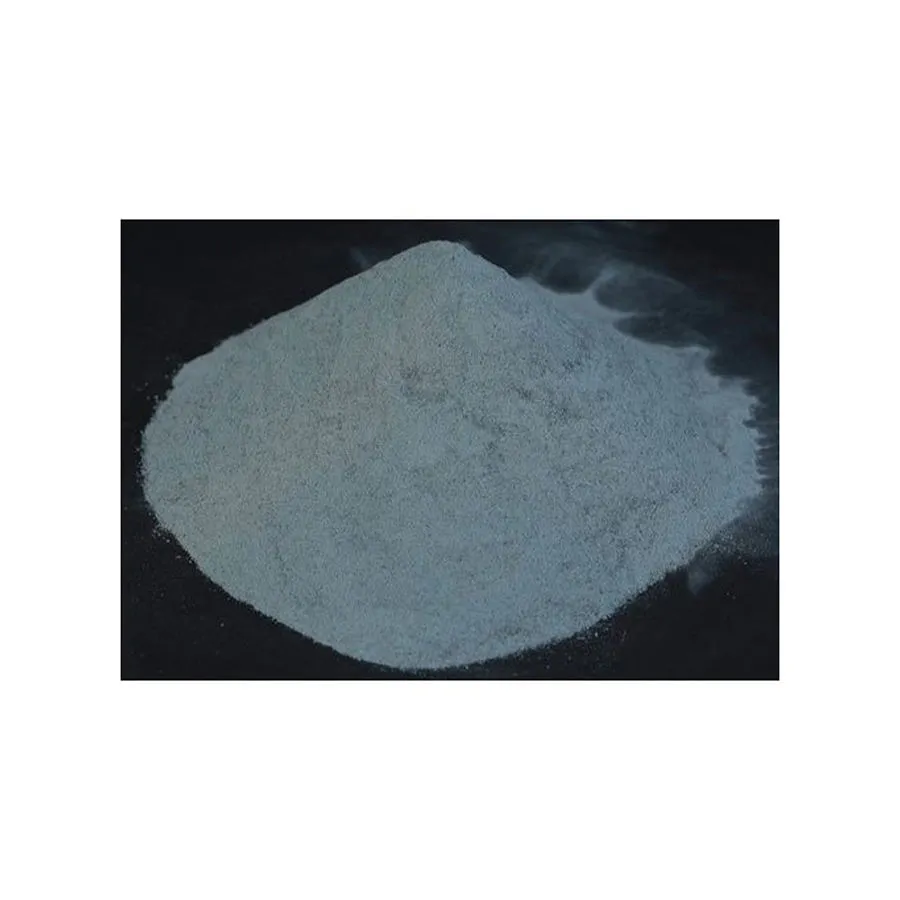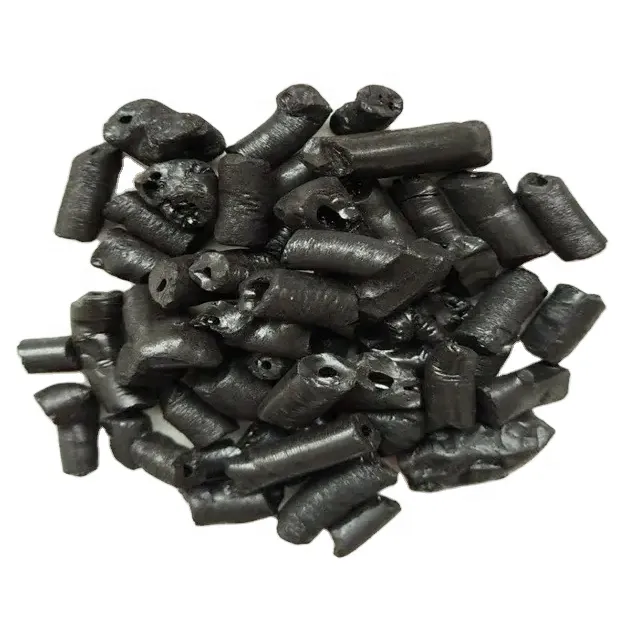Gilsonite powder, also known as natural bitumen, is a naturally occurring hydrocarbon resin found in abundance in certain locations around the world. It is widely used in various industries due to its unique properties and applications. As with any commodity, understanding the factors that influence the price of gilsonite powder is crucial for businesses and individuals involved in its trade. This article aims to shed light on the key determinants of gilsonite powder prices.
1. Supply and Demand
The fundamental principle of supply and demand plays a crucial role in determining the price of gilsonite powder. When the demand for gilsonite powder exceeds the available supply, prices tend to rise, reflecting its scarcity. Conversely, when the supply exceeds demand, prices tend to fall. Factors such as changes in industrial usage, infrastructure projects, and other economic activities impact the demand for gilsonite powder, thus influencing its price.
2. Extraction and Production Costs
The cost of extracting and producing gilsonite powder is another important factor affecting its price. The process of mining and refining gilsonite requires significant investments in infrastructure, technology, labor, and energy. These costs vary depending on the location of the extraction site, the quality of the ore, and the complexity of the extraction process. Higher extraction and production costs can drive up the price of gilsonite powder.
3. Quality and Purity
The quality and purity of gilsonite powder also impact its price. Higher-grade gilsonite powder, which contains fewer impurities and exhibits superior properties, commands a higher price in the market. Buyers are willing to pay a premium for gilsonite powder that meets their specific quality requirements as it ensures better performance and reliability in their applications.
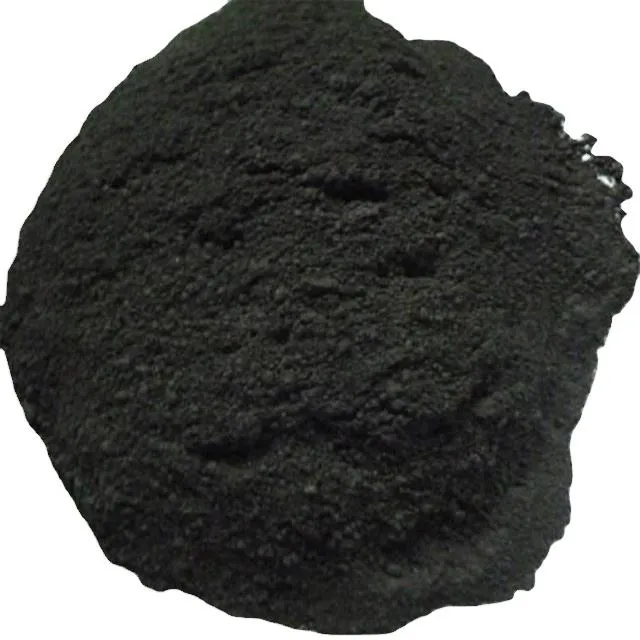
4. Market Competition
The level of competition within the gilsonite powder market can significantly influence its price. If there are multiple suppliers with similar offerings, they will compete for market share through pricing strategies. Intense competition among suppliers can lead to lower prices as they strive to attract customers. Conversely, a lack of competition can allow for higher pricing power and subsequently higher prices for gilsonite powder.
5. Economic and Geopolitical Factors
Economic and geopolitical factors also play a role in determining the price of gilsonite powder. Changes in currency exchange rates, inflation, political stability, and trade policies can impact the cost of mining, production, and transportation. Uncertainties related to these factors can cause price fluctuations, affecting the cost of gilsonite powder in domestic and international markets.
6. Market Demand and End-Use Applications
The specific market demand and end-use applications for gilsonite powder can influence its price. Gilsonite powder finds applications in various industries, including drilling fluids, asphalt modifiers, foundry, adhesives, paints, and inks. Changes in market preferences, regulations, and technological advancements that drive demand in these industries can impact the price of gilsonite powder.
Understanding the factors that influence the price of gilsonite powder is essential for businesses and individuals involved in the trade of this valuable resource. Factors such as supply and demand dynamics, extraction and production costs, quality and purity, market competition, economic and geopolitical factors, as well as end-user applications, all contribute to the pricing of gilsonite powder. Staying abreast of these factors and market trends can help stakeholders make informed decisions and navigate the dynamic landscape of the gilsonite powder market effectively.
